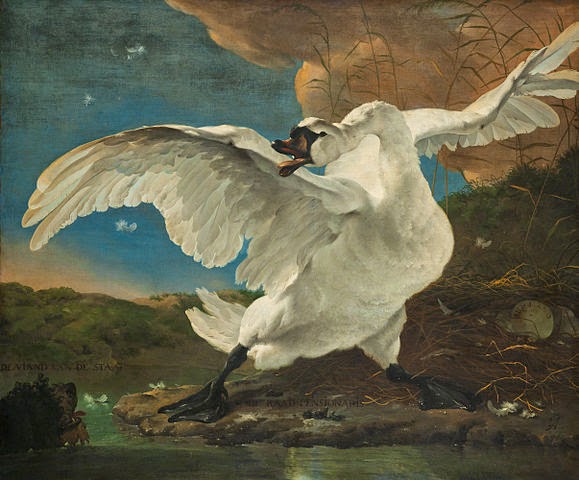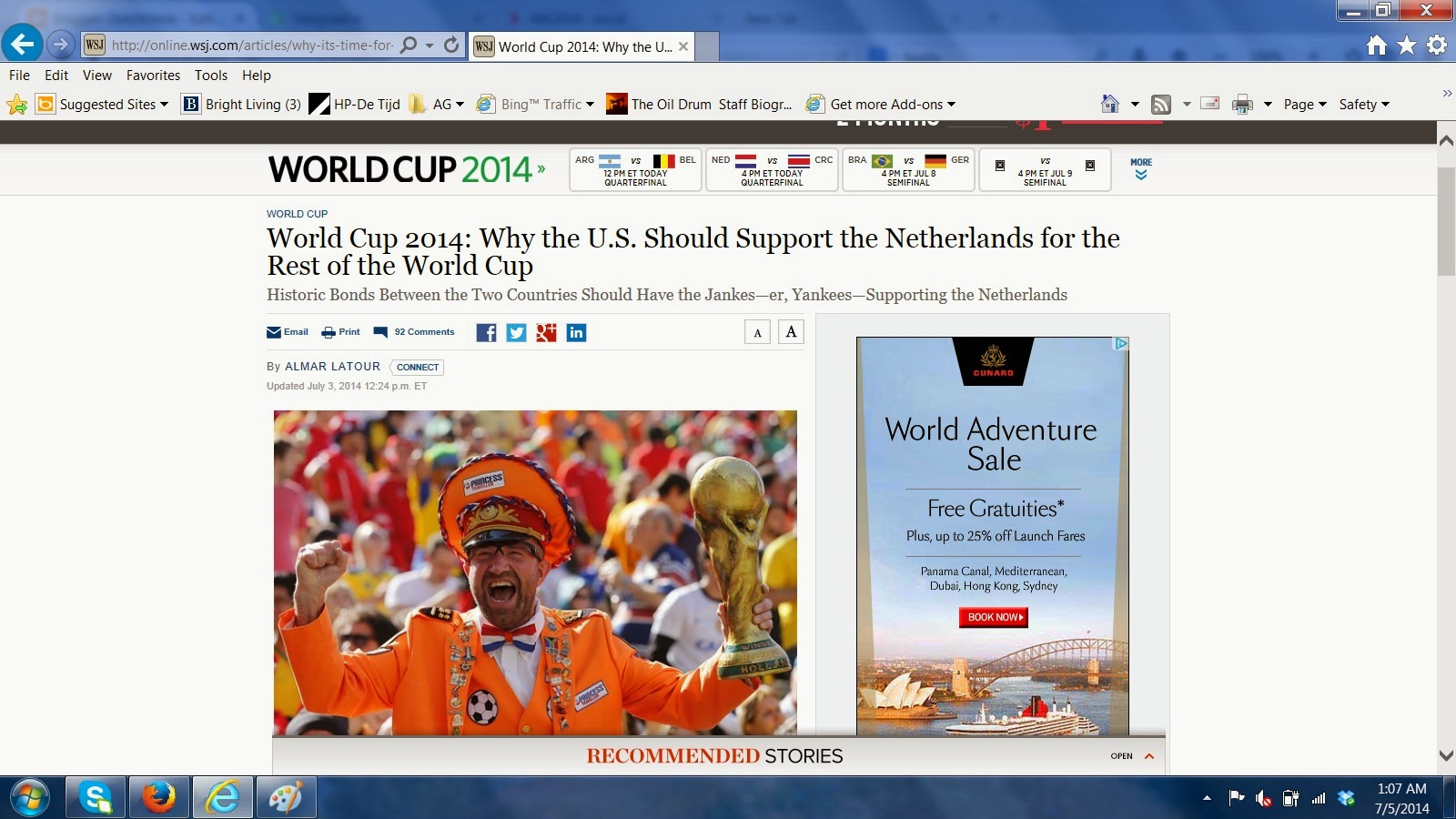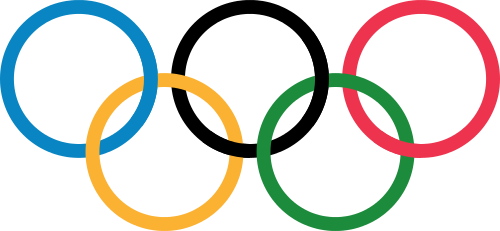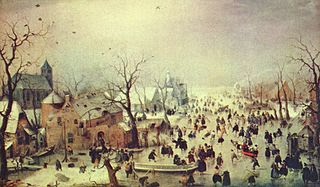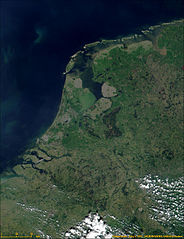Everyone seems to have an opinion about the unfolding of the Amazon-Hachette saga, but do these opinions bring us any closer to a healthier economic environment to write, publish and sell or buy books? As usual time will tell, but let's first explain briefly what seems to be going on. The French publihser Hachette, with its imprint Little, Brown among the top five trade publishers in the U.S., has been in negotiations with Amazon about new terms selling eBooks. As these negotiations continued, disagreements have reached a level that Amazon started delaying shipments of Hachette's books including by some of its leading authors such as James Patterson, JK Rowling, and Malcolm Gladwell. Let's have a look at the 'official" statements by both protagonists:
Amazon made this
statement:
"We are currently buying less (print) inventory and "safety stock" on
titles from the publisher, Hachette, than we ordinarily do, and are no
longer taking pre-orders on titles whose publication dates are in the
future. Instead, customers can order new titles when their publication
date arrives. For titles with no stock on hand, customers can still
place an order at which time we order the inventory from Hachette --
availability on those titles is dependent on how long it takes Hachette
to fill the orders we place. Once the inventory arrives, we ship it to
the customer promptly. These changes are related to the contract and
terms between Hachette and Amazon.
At Amazon, we do business with
more than 70,000 suppliers, including thousands of publishers. One of
our important suppliers is Hachette, which is part of a $10 billion
media conglomerate. Unfortunately, despite much work from both sides, we
have been unable to reach mutually-acceptable agreement on terms.
Hachette has operated in good faith and we admire the company and its
executives. Nevertheless, the two companies have so far failed to find a
solution. Even more unfortunate, though we remain hopeful and are
working hard to come to a resolution as soon as possible, we are not
optimistic that this will be resolved soon......."
Hachette in turn said the
following:
"It is good to see Amazon acknowledge that its business
decisions significantly affect authors’ lives. For reasons of their own,
Amazon has limited its customers’ ability to buy more than 5,000
Hachette titles. Authors, with whom we at Hachette have been partners for nearly two
centuries, engage in a complex and difficult mission to communicate with
readers. In addition to royalties, they are concerned with audience,
career, culture, education, art, entertainment, and connection. By
preventing its customers from connecting with these authors’ books,
Amazon indicates that it considers books to be like any other consumer
good. They are not.
We will spare no effort to resume normal business relations with
Amazon—which has been a great partner for years—but under terms that
value appropriately for the years ahead the author’s unique role in
creating books, and the publisher’s role in editing, marketing, and
distributing them, at the same time that it recognizes Amazon’s
importance as a retailer and innovator. Once we have reached such an
agreement, we will be happy to discuss with Amazon its ideas about
compensating authors for the damage its demand for improved terms may
have done them, and to pass along any payments it considers appropriate.In the meantime, we are extremely grateful for the spontaneous
outpouring of support we have received both privately and publicly from
authors and agents. We will continue to communicate with them promptly
as this situation develops."
In the meanwhile, many pundits, newspapers, magazines, social media started commenting. Following is just a small sample of those opinions.
The New York Times of May 23,
As Publishers Fight Amazon, Books Disappear, said:

